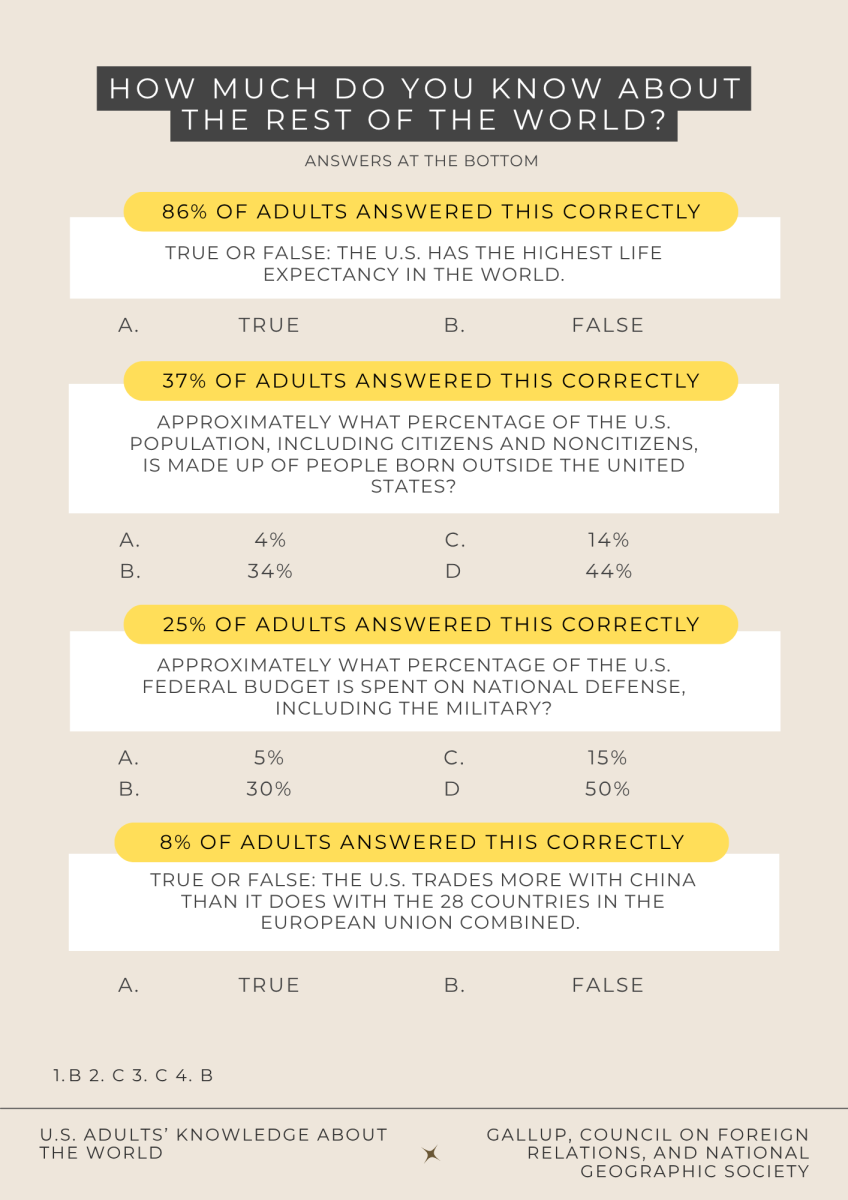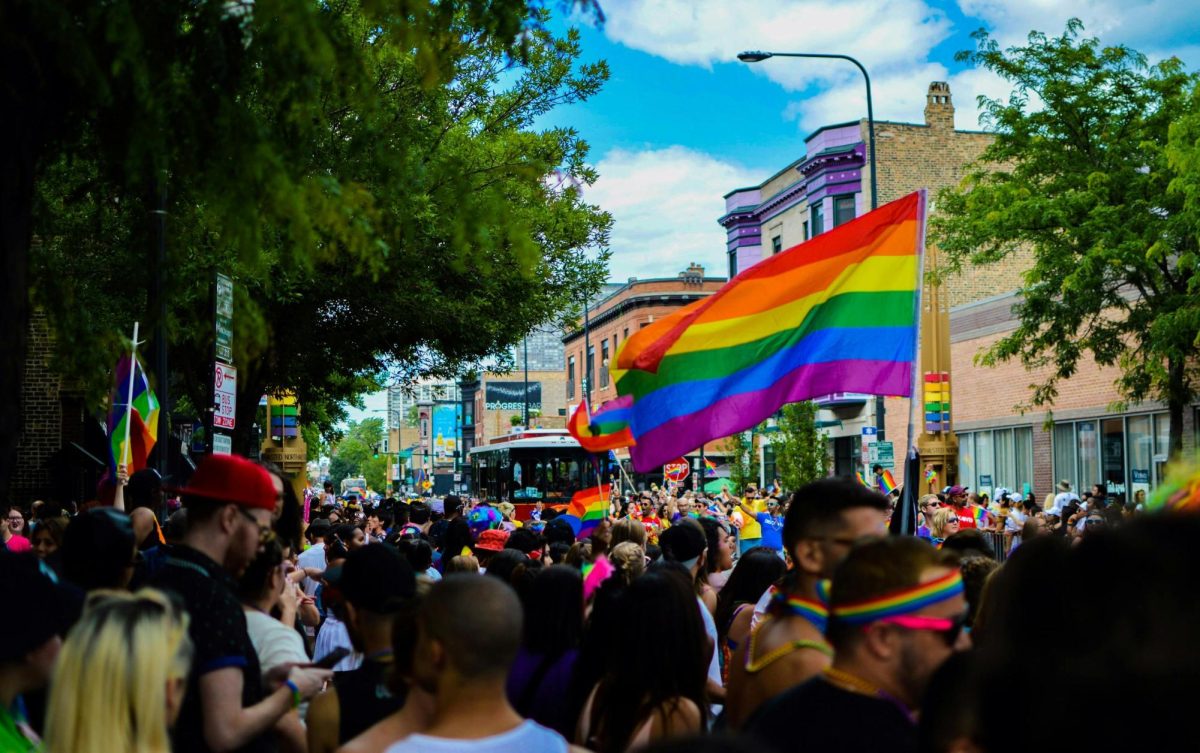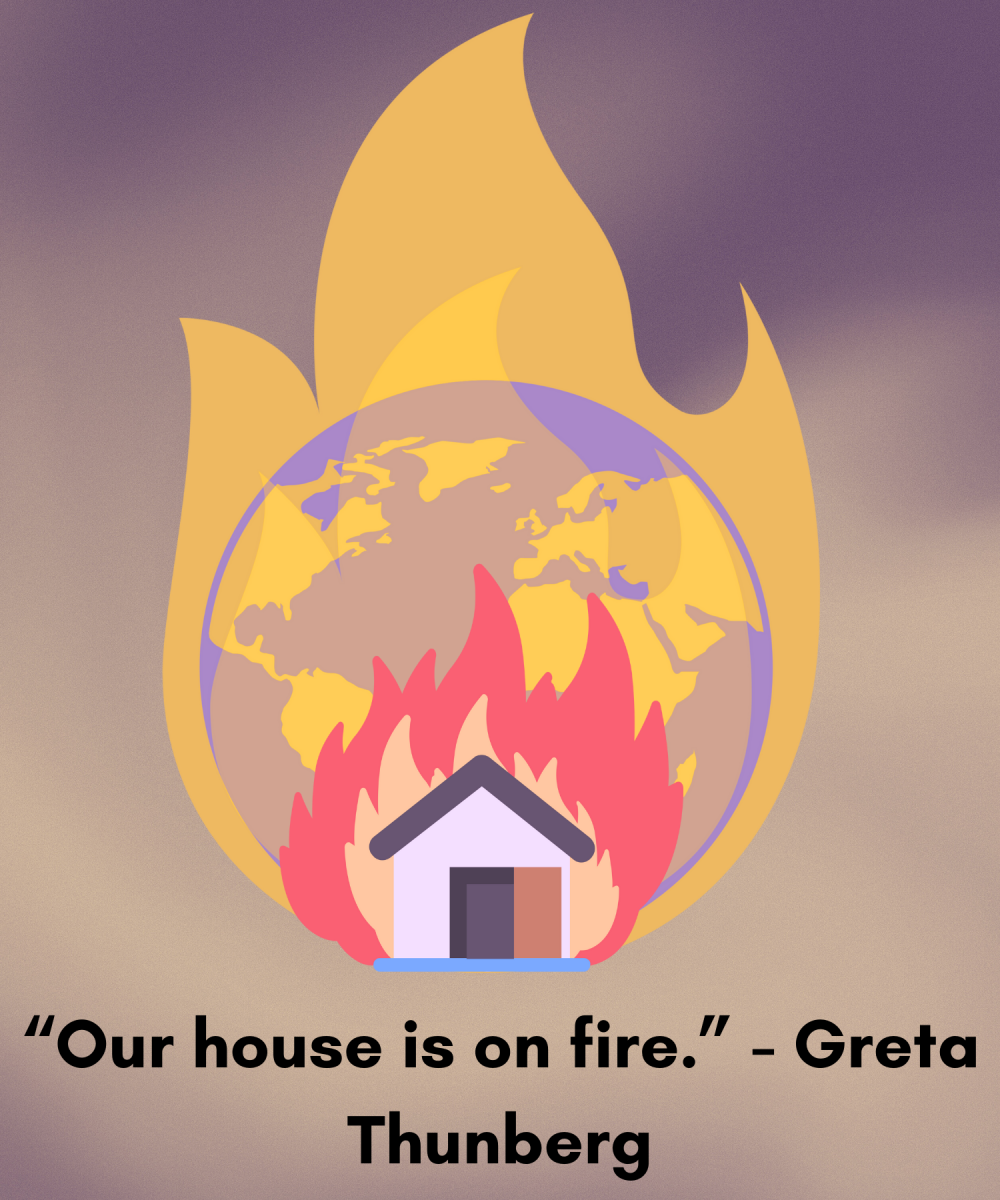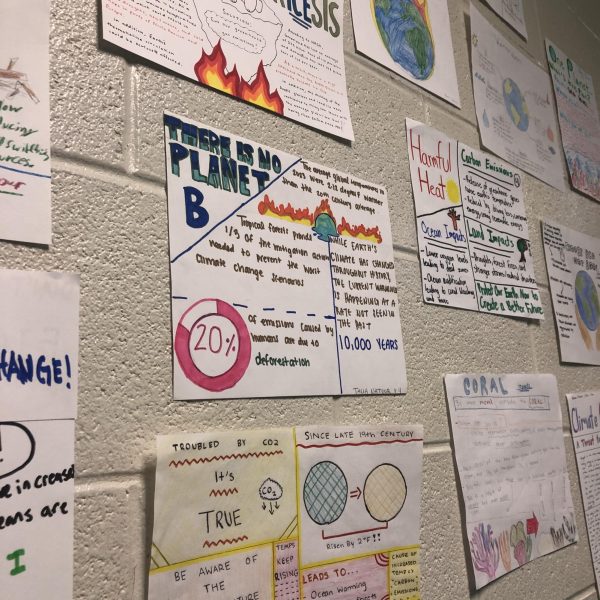
F – that’s the grade Virginia’s public schools have been given on how they address climate change in the classroom.
A report from the National Center for Science Education and the Texas Freedom Network Education Fund evaluated each of America’s 50 states and the District of Columbia on their science standards in 2020. After being assessed, each state was given a letter grade on how the state’s science standards accurately addressed climate change. States were graded on how well their curriculum addressed that climate change was real, bad and caused by humans, but also that there was hope and potential to change.
Virginia was one of just six states across the country that received a failing grade. On Jan. 10, House Bill 1088 was introduced into Virginia’s state legislature, hoping to change the state’s embarrassing climate education ranking in the nation.
The bill states that it would “[require] the Board of Education to make available to each local school board instructional materials on climate change and environmental literacy that are based on and include peer-reviewed scientific sources.”
While not as significant as New Jersey’s public school standards which include climate curriculum in grades K-12 in almost all their subjects, HB 1088 would have been a promising step closer towards achieving environmental literacy throughout Virginia. School boards would easily be able to share instructional material on climate change to classrooms.
On a primary party-line vote, HB 1088 made it through Virginia’s House of Delegates and staggered through the Senate, passing just 20-19 in early March.
The bill was sent to Governor Glenn Youngkin, to be either passed or vetoed, on March 27. On April 2, Youngkin vetoed HB 1088, denying school boards accurate, instructional materials on climate change.
“The Standards of Learning already provides instructional material related to environmental issues,” Youngkin wrote in his veto of the bill. “The proposal imposes a significant and redundant task on the Department of Education and the Board of Education.”
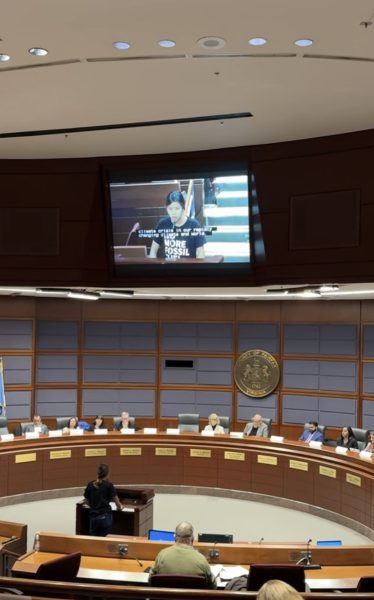
But the science Standards of Learning from the Virginia Department of Education only briefly mention climate change in sixth grade science, seventh grade life science and high school biology curricula where it can easily be forgotten. Other courses that teach climate change in more depth like AP Environmental Science are optional for students.
The Standards of Learning for science, or the minimum expectations for what students should know at the end of each science course, require some instruction on climate change, but it’s clearly not enough if Virginia’s climate standards are some of the worst in the nation.
“Additionally, school divisions must integrate these new resources into their curriculum outside the standard process, necessitating purchasing instructional material and reallocating instructional time without additional funding,” Youngkin said in his statement. “Accordingly, I veto this bill.”
Nothing in the bill would have forced teachers to use the resources provided or reallocate instruction time. The supposedly “redundant” task for the Department of Education would have assisted classrooms with climate science lessons and done so at no cost to the school.
Some environmental literacy could go a long way in the current policy making system. Governor Youngkin himself stated at the 2021 Race for Governor Virginia Roundtable Discussion that he did not know what was responsible for climate change.
Virginia being unable to pass a simple, optional-use bill to improve environmental literacy illuminates the grim chances of the state being able to create climate policy. Environmental literacy isn’t just a matter of knowledge, but it is how awareness and change will come about to end the climate crisis. So, the next time a climate education bill comes to Glenn Youngkin’s desk, the planet will be begging him to think twice.



